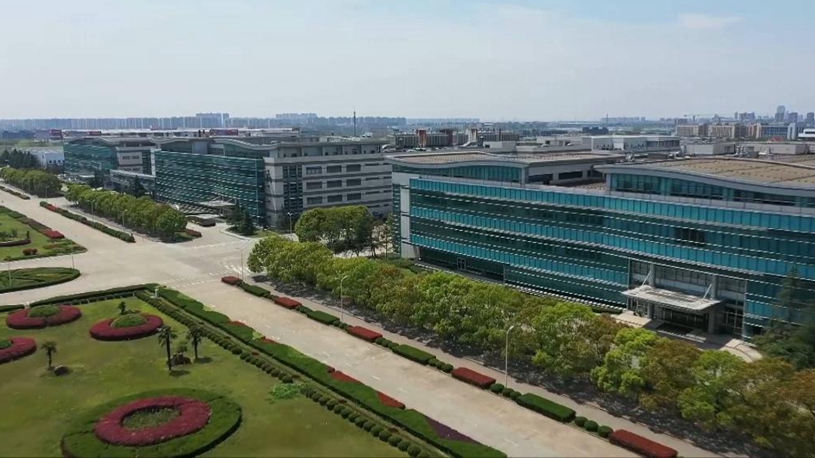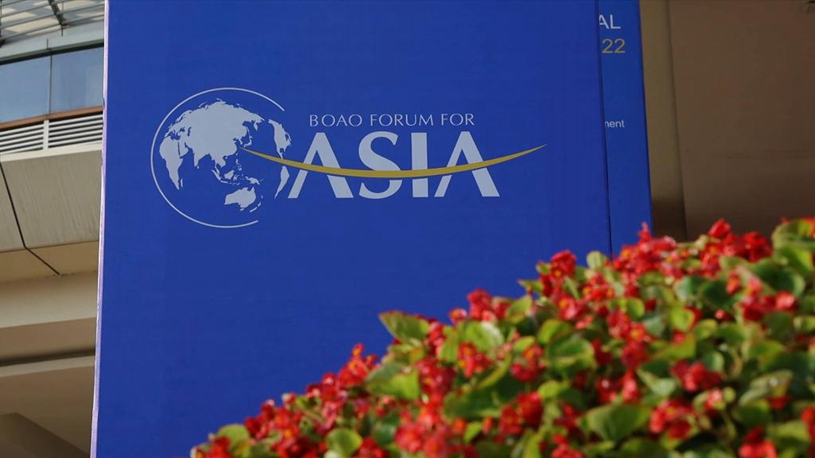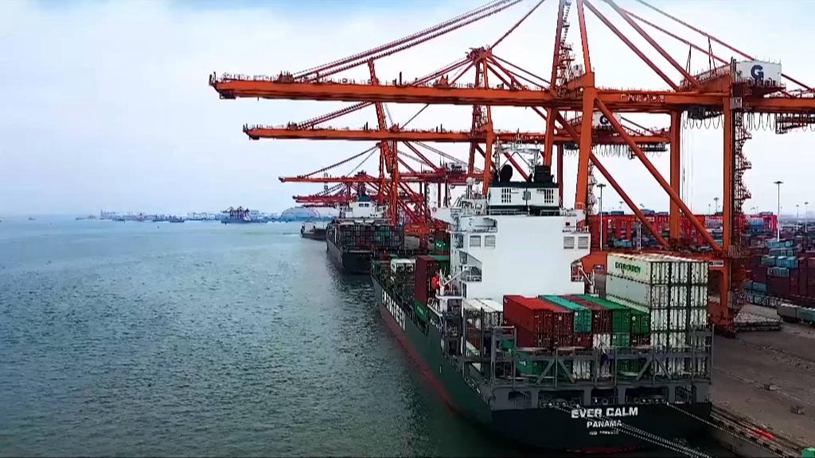
Photo taken on March 11, 2022 shows the scenery of Kuala Lumpur, Malaysia. (Xinhua/Zhu Wei)
Malaysia should seize opportunities to upgrade trade ties with major partners like China as RCEP came into force in the Southeast Asian nation in March.
KUALA LUMPUR, April 20 (Xinhua) -- Malaysia must seize opportunities to upgrade trade ties with major partners like China as the Regional Comprehensive Economic Partnership (RCEP) came into force for the Southeast Asian nation on March 18, said a renowned expert in a recent interview with Xinhua.
Among the opportunities for the country are diversification away from goods to services especially with regard to Malaysia's biggest trade partner China, Oh Ei Sun, principal adviser for Malaysia's Pacific Research Center, told Xinhua in an online interview.
Oh pointed out that volumes of commodity trade between China and Malaysia are already huge, therefore both sides should put more effort into improving the quality, upgrading bilateral trade in services and the use of digital tools to boost trade through RCEP.
Speaking of trade in services, he highlighted the cooperation and exchanges in education sector between the two countries. "I'm happy to see that, for example, over the past few years, there are more and more Malaysian students going to study in China and Chinese students coming to Malaysia to study."
Oh also said the COVID-19 pandemic had been an effective lesson for many countries, including Malaysia in demonstrating the importance of digitalization and the need to change mindsets and attitudes to take advantage of RCEP and new trade opportunities.

The Petronas Twin Towers are seen in Kuala Lumpur, Malaysia, March 11, 2022. (Xinhua/Zhu Wei)
He said while Malaysia was no stranger to international trade, the Southeast Asian nation must strengthen its basic trading mechanisms and institutions, for foreign investors who are trying to invest in Malaysia, to take advantage of RCEP provisions.
"Traditionally, I think Malaysian businesses, even though we do a lot of foreign trade, but sometimes we are more reactive. When there are foreign traders who would like to do business with us, we would react to them. But we need to (act) more proactively, and when travels are allowed, go to other markets within the RCEP framework to try to explore new business opportunities there. We must make the first steps ourselves instead of reacting to others' proposals," he said.
Oh also noted that with China's economy in a full upswing, Malaysia and other RCEP members stood to make their own gains and fuel the post-pandemic recovery of their respective economies and to further deepen the economic integration among member states.
Under the framework of RCEP, economic development in one member state could also have its trickling down effects on other economies, Oh said, adding that as China is picking up its pace in booming its economy, some of these other RCEP member states, Malaysia included, but more broadly, the Southeast Asian countries could be deeper, broader and closer partners to China.
Signed in November 2020, the RCEP groups the 10 members of the ASEAN, as well as China, Japan, South Korea, Australia and New Zealand, covering roughly 30 percent of the world's gross domestic product and population.■












